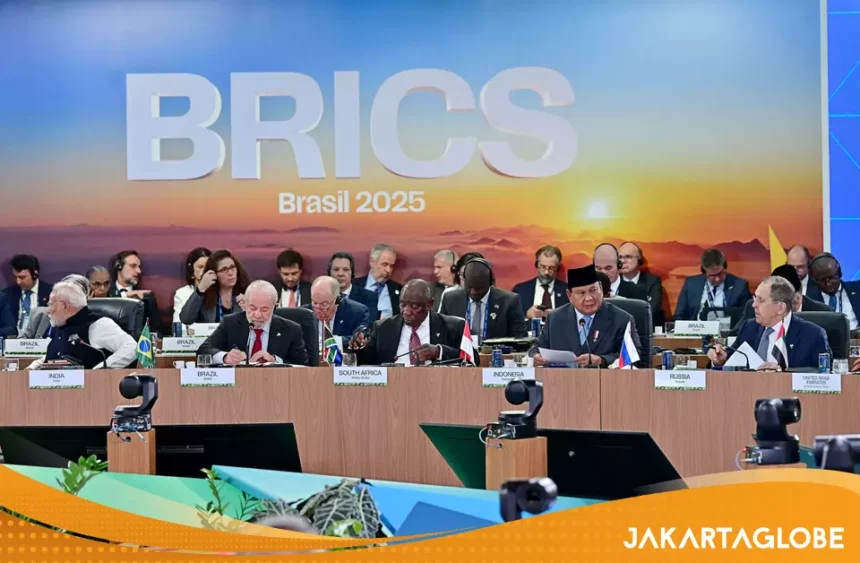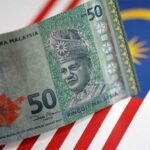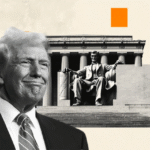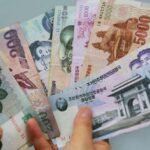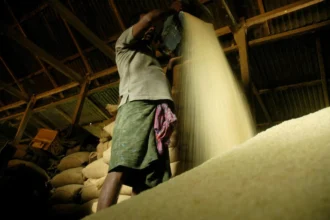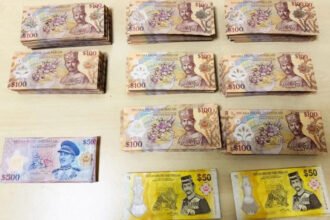Jakarta. A senior Indonesian minister recently revealed that there were no talks of creating a common currency between the BRICS members at the group’s summit in Rio de Janeiro.
BRICS leaders are currently meeting in Brazil for a two-day summit that began Sunday local time. Key members Russian President Vladimir Putin and his Chinese counterpart Xi Jinping, are absent, with the former having to skip the meeting as he is wanted by the International Criminal Court (ICC).
US President Donald Trump has been keeping a close watch on BRICS as the bloc reportedly plans to set up a common currency to rival the American dollar. BRICS is originally made up of Brazil, Russia, India, China, South Africa. This growing group later added Egypt, Ethiopia, Indonesia, Iran, and the United Arab Emirates.
In 2023, Brazilian President and current host Luiz Inacio Lula da Silva called on the alliance to explore the currency proposal to reduce vulnerability to dollar exchange rate fluctuations. However, other members like India and South Africa said at the time there was no such agenda at the meeting, according to media reports. New Delhi was also more into pushing for the use of national currencies in the transactions made between fellow members. Trump even threatened 100 percent tariffs on BRICS nations if they proceeded with the plan.
Fast forward to July 2025, Indonesian chief economic affairs minister Airlangga Hartarto — who accompanied President Prabowo Subianto on Jakarta’s BRICS debut — revealed that the ongoing Rio summit did not touch on advancing a common currency.
“We did not discuss BRICS currency,” Airlangga told reporters in Rio de Janeiro, as seen in a recorded doorstep interview uploaded by the presidential secretariat.
The high-level talks had resulted in a Rio de Janeiro Declaration, which, like Airlangga had said, did not mention the BRICS common currency. However, the 126-point document wrote that the BRICS leaders had called for continued discussions on cross-border payments and payment systems.
This club of emerging economies has been exploring the idea of creating a payment messaging system, comparable to Europe’s SWIFT. Earlier that day, Putin — speaking via teleconference — had advocated for a greater use of national currencies in trade, as well as an independent settlement system.
The joint statement indicated some progress in regards to the group’s New Development Bank (NDB). According to the declaration, the leaders’ welcome the NDB’s “steady expansion” of its capacity to expand local currency financing and diversify funding sources.
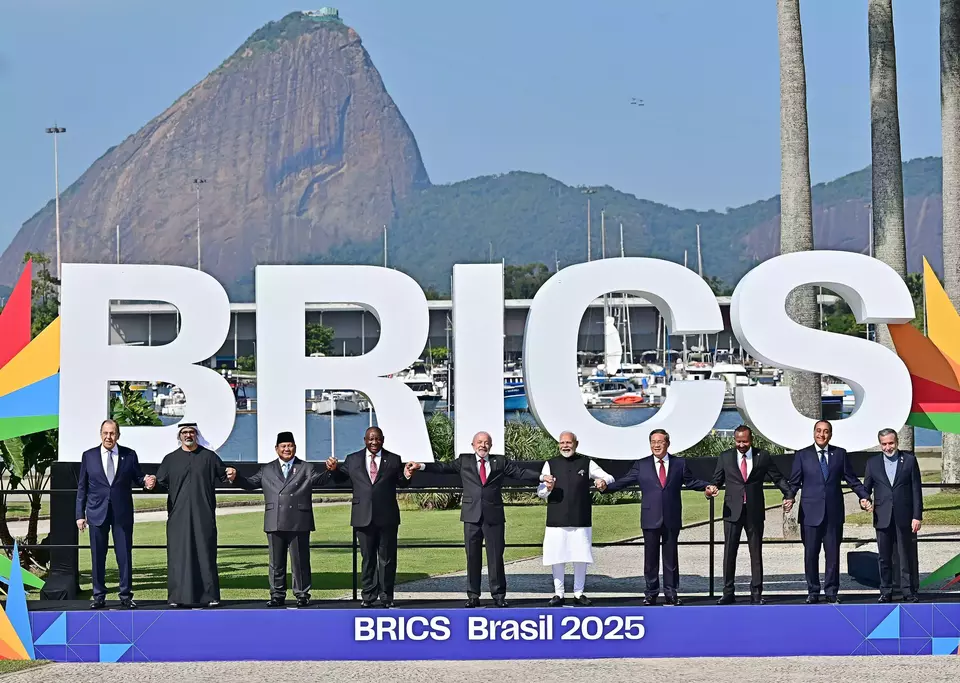
The bloc is also eyeing setting up what it calls a BRICS Multilateral Guarantees (BMG). This initiative aims to offer tailored guarantee instruments to improve the creditworthiness of BRICS and the Global South — a term commonly used to refer to the world’s developing and least developed nations.
Airlangga did not talk of this guarantee fund, but reiterated Indonesia’s intentions to be an NDB member. This bank has approved $39 billion in funding for 120 projects related to transport infrastructure and clean energy, to name a few.
“Indonesia has expressed its wish to join [the NDB], and we are in the process of becoming a member,” he said.
The same Rio declaration appears to have ruffled Trump’s feathers after the document criticized his reciprocal tariff policy. The declaration did not make a direct mention of the US, but came out just a few days before the tariff talks deadline was supposed to expire. In a Truth Social post, Trump lashed out at the BRICS nations, even threatening an extra 10 percent tariff on countries that aligned themselves with the bloc’s “anti-American policies”.
Tags:
Keywords:

